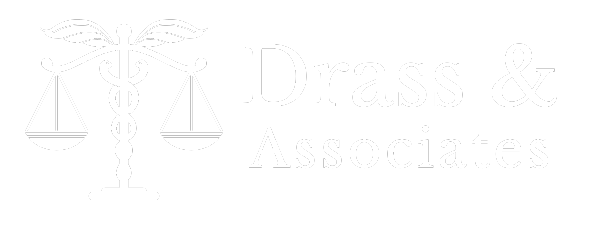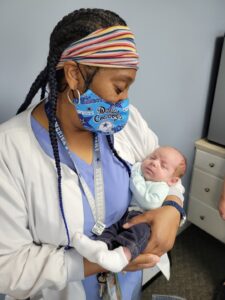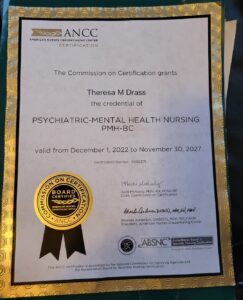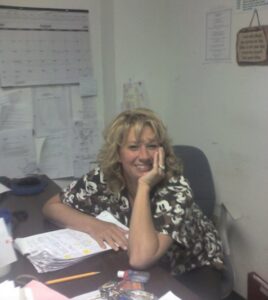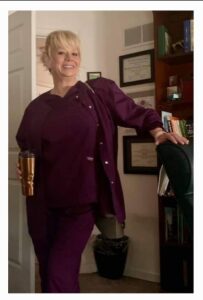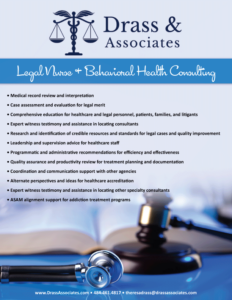Extraordinary Interpersonal Skills and Emotional Intelligence:
- Navigate complex patient interactions: Mental health nurses are adept at building rapport, trust, and therapeutic relationships with individuals experiencing emotional distress. This skill translates seamlessly into legal settings, allowing them to effectively interview clients, witnesses, and healthcare providers, even in volatile situations.
- Understand nuanced communication: Their experience deciphering non-verbal cues and subtle shifts in emotion makes them invaluable for interpreting witness testimony and assessing credibility.
- Empathy and sensitivity: Their natural empathy allows them to connect with clients on a deeper level, fostering open communication and ensuring accurate information gathering.
Medical Record Expertise:
- Forensic analysis: Their intimate knowledge of medical terminology, charting procedures, and hospital protocols qualifies them to meticulously review and analyze medical records for accuracy, completeness, and potential discrepancies.
- Standards of care: Their understanding of clinical practice guidelines and nursing standards of care allows them to identify potential deviations that may have contributed to adverse outcomes.
- Case development: Their ability to organize, summarize, and translate complex medical records into clear narratives empowers lawyers to build strong timelines and arguments.
Supporting the Attorney’s Case:
- Expert research: Mental health nurses can delve into medical literature and research studies, evaluating their validity and integrating relevant findings into case analysis.
- Independent medical examinations (IMEs): They can coordinate and attend IMEs, ensuring fair and thorough evaluations with a nuanced understanding of mental health considerations.
- Life care plan development: Their expertise in understanding the long-term impact of mental health conditions enables them to create comprehensive life care plans for clients seeking compensation.
Liaison and Expert Witness:
- Bridge the gap: Mental health nurses serve as bridges between legal teams and healthcare providers, facilitating communication and clarifying complex medical jargon.
- Witness interviews: Their experience interacting with diverse individuals makes them adept at interviewing clients, witnesses, and experts, extracting key information relevant to the case.
- Expert testimony: When qualified, they can provide expert witness testimony on the nursing standard of care and its potential breaches in relevant cases.
Discovery and Trial Assistance:
- Deposition and trial preparation: Their deep understanding of medical records and legal procedures allows them to assist in crafting effective deposition and trial questions.
- Interrogatory and document review: Their analytical skills make them invaluable for reviewing legal documents and medical records, identifying pertinent details and inconsistencies.
- Exhibit preparation: Their knowledge of medical evidence helps identify and organize exhibits that can effectively illustrate key points in court.
In conclusion, mental health nurses offer a unique blend of interpersonal skills, medical expertise, and legal acumen that makes them invaluable assets in legal cases involving mental health matters. Their ability to navigate complex situations with empathy, analyze nuanced information, and bridge the gap between legal and medical worlds makes them vital partners for lawyers seeking to build strong cases and advocate effectively for their clients.
Learn more here: https://www.legalnurse.com/what-is-a-legal-nurse-consultant/types-of-legal-services
